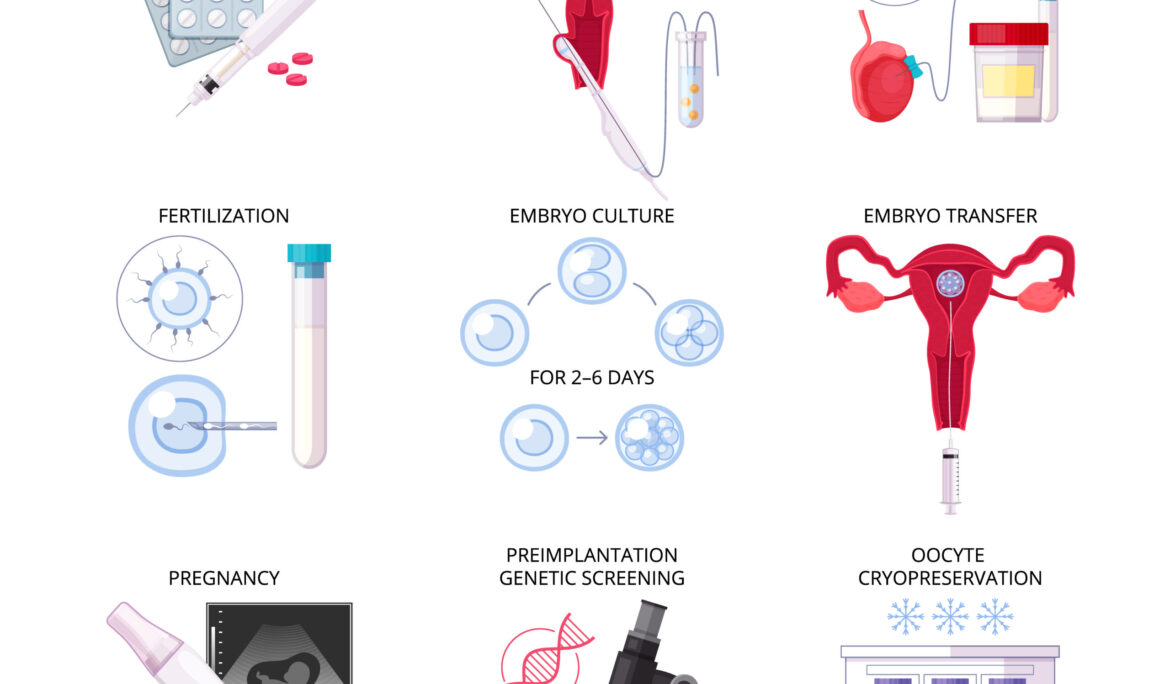Can the egg donor remain anonymous?


Egg donation is a remarkable option for individuals and couples struggling with infertility to achieve their dream of parenthood. One of the most common questions prospective parents ask is, “Can the egg donor remain anonymous?” In this article, we will explore the concept of anonymous egg donation, the benefits and challenges associated with it, and the evolving legal and ethical landscape that surrounds it.
What Is Anonymous Egg Donation?
Anonymous egg donation refers to the process in which the identity of the egg donor is not disclosed to the recipient parents, and vice versa. In this arrangement, the donor and recipient typically do not meet, and no identifying information is shared between them. The egg donor provides her eggs under the condition that her identity remains confidential, ensuring that there is no direct contact between the donor and the family created through the donation.
How Does Anonymous Egg Donation Work?
- Donor Screening: The egg donor undergoes rigorous medical, psychological, and genetic screening to ensure she is a suitable candidate. This screening process also helps ensure the health and viability of the donated eggs.
- Matching Process: Fertility clinics and egg donor agencies match donors with recipients based on various criteria, such as physical characteristics, education, and medical history. However, in anonymous donations, personal identifying details are not shared.
- Legal Agreements: Both the donor and the recipient sign legal agreements that protect the anonymity of the donor. These agreements outline the rights and responsibilities of each party, including the donor’s relinquishment of any parental rights.
- Egg Retrieval and Fertilization: The donor undergoes a medical procedure to retrieve her eggs, which are then fertilized with sperm in a laboratory. The resulting embryos are transferred to the recipient’s uterus.
- No Ongoing Contact: In anonymous egg donation, there is no ongoing contact between the donor and the recipient family. The donor remains unaware of the outcome of the donation, and the recipient parents do not have access to the donor’s identity.
Benefits of Anonymous Egg Donation
- Privacy and Confidentiality: Both the donor and the recipient can maintain their privacy. For many donors, anonymity provides peace of mind, knowing that their identity will not be revealed. Similarly, recipients may feel more comfortable with an anonymous arrangement if they prefer not to have a connection with the donor.
- Simplified Legal Process: Anonymous egg donation typically involves a straightforward legal process. The donor’s rights are clearly relinquished, reducing the potential for future legal disputes regarding parental rights.
- Emotional Ease: Anonymity can alleviate emotional complexities for both the donor and the recipient. Donors may prefer not to know the outcome of their donation, while recipients may find it easier to accept the donation without knowing the donor personally.
Challenges and Considerations
- Lack of Information for the Child: One of the main challenges of anonymous egg donation is the potential lack of information for the child born from the donation. As they grow older, some children may have questions about their genetic origins that cannot be answered due to the anonymous nature of the donation.
- Changing Legal Landscape: In some countries, laws regarding anonymous egg donation are evolving. There is a growing movement toward open or semi-open donation arrangements, where the child may have the right to access certain information about the donor once they reach a certain age. Prospective parents should be aware of the legal framework in their region.
- Emotional Impact: While anonymity can simplify the process, it may also have emotional implications for both the donor and the recipient. Donors may experience curiosity or concern about the outcome of their donation, and recipients may struggle with the idea of their child not having access to their genetic heritage.
The Future of Anonymous Egg Donation
As societal attitudes toward fertility treatments and donor-conceived children evolve, the future of anonymous egg donation may change. Some countries are moving toward more open arrangements, where donor-conceived individuals have the right to know their genetic origins. However, anonymous egg donation remains a popular choice for many families, providing a valuable option for those who prioritize privacy and confidentiality.
Conclusion
Anonymous egg donation offers a path to parenthood for those who need it while protecting the privacy of the egg donor. It comes with both benefits and challenges, and it’s important for prospective parents to fully understand the implications before proceeding. Whether you choose an anonymous, open, or semi-open donation arrangement, consulting with a fertility specialist and legal expert can help ensure that you make the best decision for your family’s future.



